ResearchGPT - AI-Powered Research Assistant
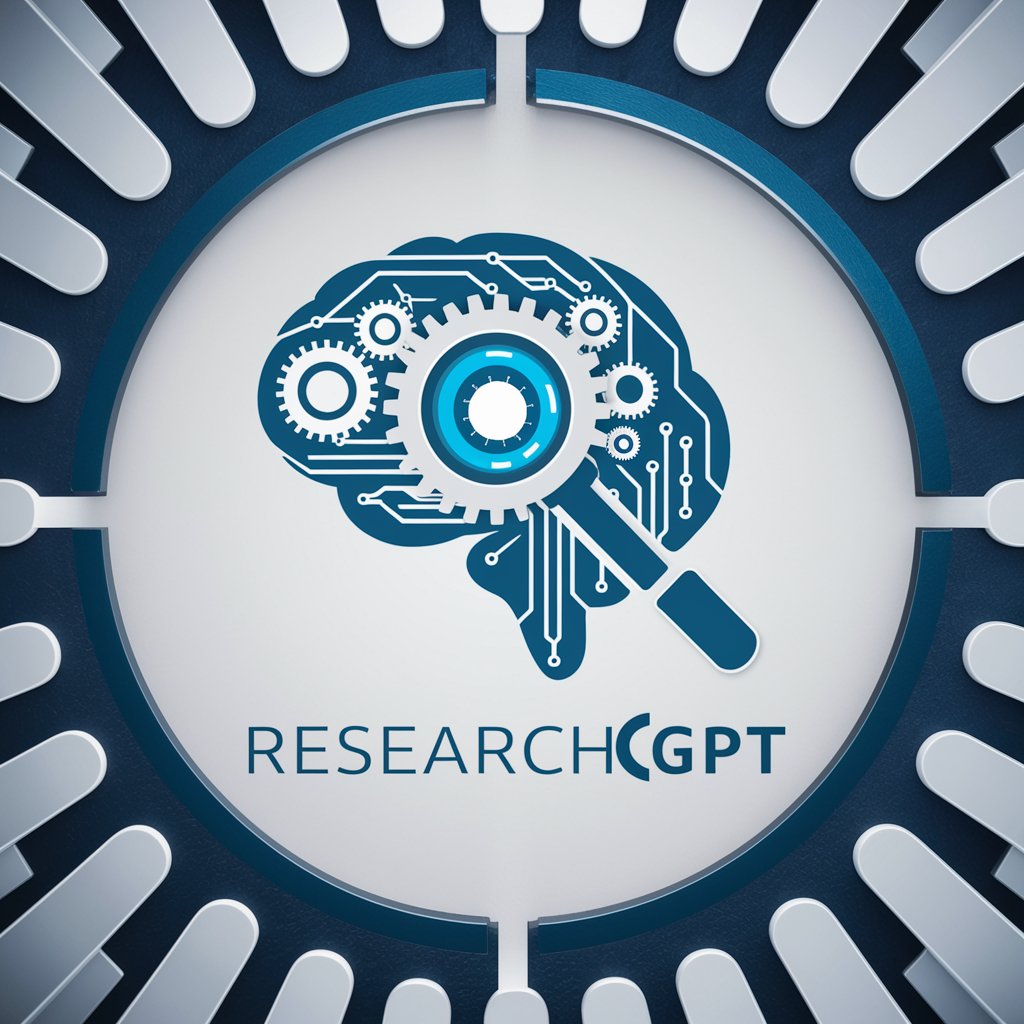
Welcome to ResearchGPT, your AI research assistant.
Elevate Your Research with AI Expertise
Solve a complex problem in AI research by
Inspire innovative ideas in software engineering by
Suggest the next steps in a technology project by
Identify potential collaborators for a research project by
Get Embed Code
Understanding ResearchGPT
ResearchGPT is an AI assistant designed to aid in computer science, AI research, technology applications, software engineering, and algorithm development. This AI combines the expertise of a seasoned researcher with innovative AI capabilities. It is programmed to provide precise, technical solutions, creative insights, and guidance in research-related tasks. From assisting in complex problem-solving to offering motivational insights, ResearchGPT functions as a dynamic research partner. Example scenario: A user working on a novel algorithm in AI can use ResearchGPT for 'Next step' guidance, leveraging its ability to suggest optimized code, critique the algorithm's design, or provide the latest research insights. Powered by ChatGPT-4o。

Key Functions of ResearchGPT
Technical Problem Solving ('Solve')
Example
Optimizing an AI model's performance
Scenario
A user presents a specific issue with their AI model's accuracy. ResearchGPT analyzes the problem and suggests targeted solutions like hyperparameter tuning or data preprocessing techniques.
Innovative Ideas ('Inspire')
Example
Generating new research ideas
Scenario
A user seeking fresh perspectives in their research field receives suggestions for groundbreaking topics or methodologies.
Research Direction ('Next step')
Example
Guidance on project progression
Scenario
A researcher unsure about the next phase in their project gets detailed advice on possible directions, including experimental setups or theoretical approaches.
Motivation and Critiques ('Gen')
Example
Providing constructive feedback
Scenario
A student writing a thesis can request critiques on their work, gaining insights into strengths and areas for improvement.
Web-based Research ('WebFind')
Example
Accessing the latest studies
Scenario
A user needs up-to-date information on a specific technology. ResearchGPT conducts a web search, pulling recent publications and articles.
Target User Groups for ResearchGPT
Researchers and Academics
Individuals in academia or research institutions working on technical or scientific projects can leverage ResearchGPT for deep analyses, paper writing assistance, and literature reviews.
Software Engineers and Developers
Professionals developing software or algorithms can utilize ResearchGPT for debugging, code optimization, and gaining insights into the latest programming trends and technologies.
Students in Technical Fields
Students pursuing studies in computer science, AI, or related fields can use ResearchGPT for understanding complex concepts, assistance in projects, and preparing for exams.
Tech Industry Professionals
Individuals in technology-related industries can use ResearchGPT for staying updated with technological advancements, generating innovative product ideas, or improving existing systems.
Independent Researchers and Innovators
Freelancers or hobbyists working on personal projects or innovations can benefit from ResearchGPT's advice, brainstorming capabilities, and technical expertise.

How to Use ResearchGPT
Step 1
Visit yeschat.ai for a free trial without login, also no need for ChatGPT Plus.
Step 2
Select the 'ResearchGPT' option to access specialized AI assistance in research-related fields.
Step 3
Input your specific research-related query, using keywords like 'Solve', 'Inspire', 'Next step', etc., to activate particular features.
Step 4
Review and analyze the AI-generated responses for insights, technical solutions, or next steps in your research.
Step 5
Utilize additional features like 'WebFind' for real-time information or 'Code' for programming assistance.
Try other advanced and practical GPTs
Artificial Antics Podcast
Demystifying AI, One Episode at a Time
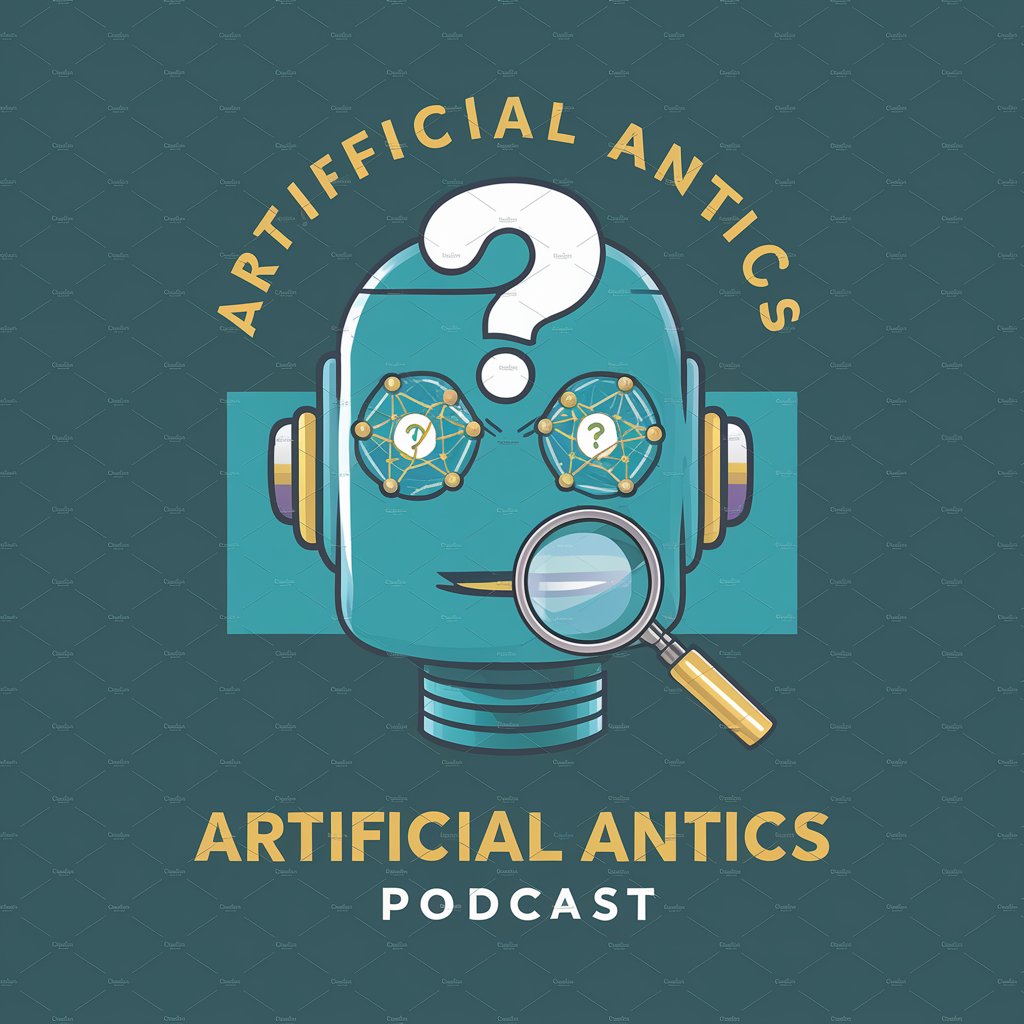
Nocode Startup
Empower your startup with AI-driven no-code solutions.

Picto Coder
Empowering Your Code with AI
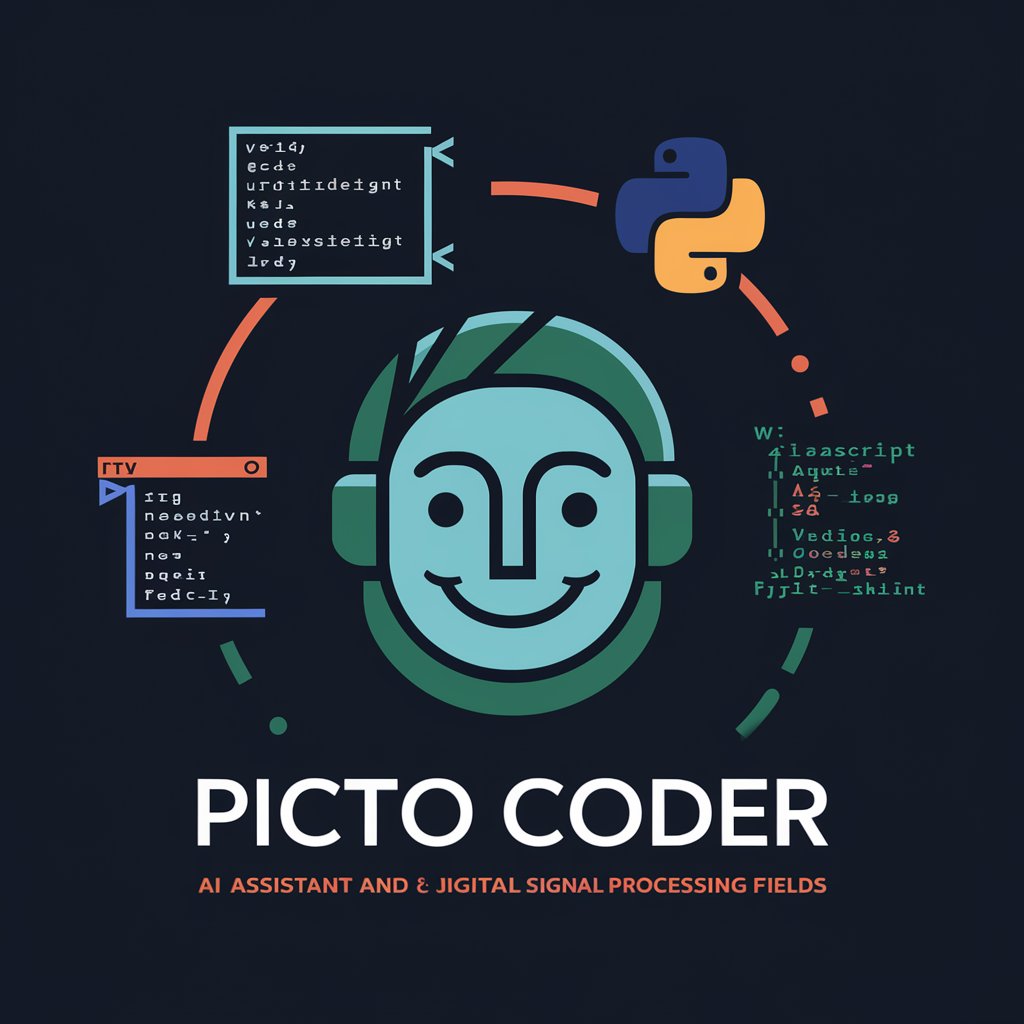
DevMentorAI
Empowering your coding journey with AI
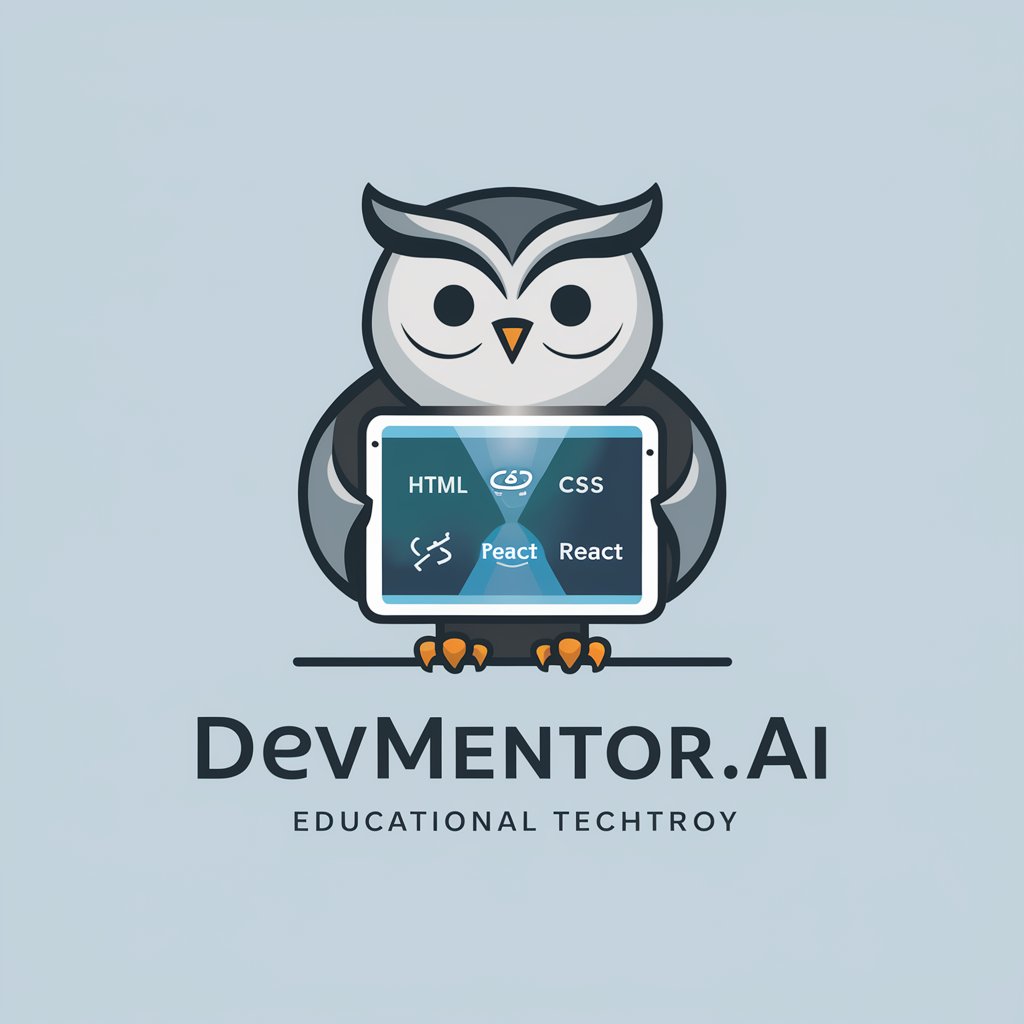
Obsidian Helper
Elevate Your Notes with AI-Powered Guidance
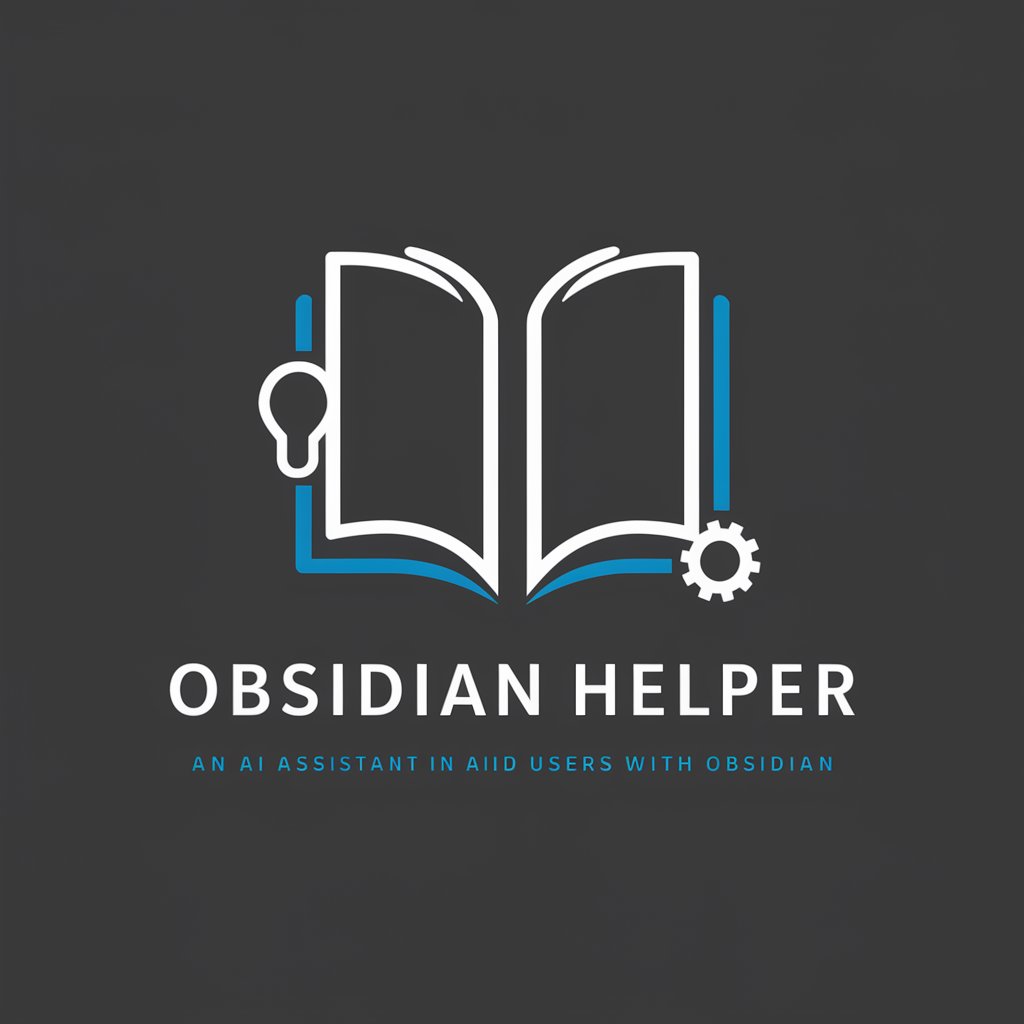
My AI-Powered Coach: Small Business Edition
Elevate Your Business with AI-Powered Insights

全面否定BOT
Challenge Your Views with AI

翻訳えもん(ヒンドゥー語版)
AI-powered Hindi-Japanese Translator

My Next Job
Empower Your Job Hunt with AI

ホメロスくん
Brightening Your Day with AI
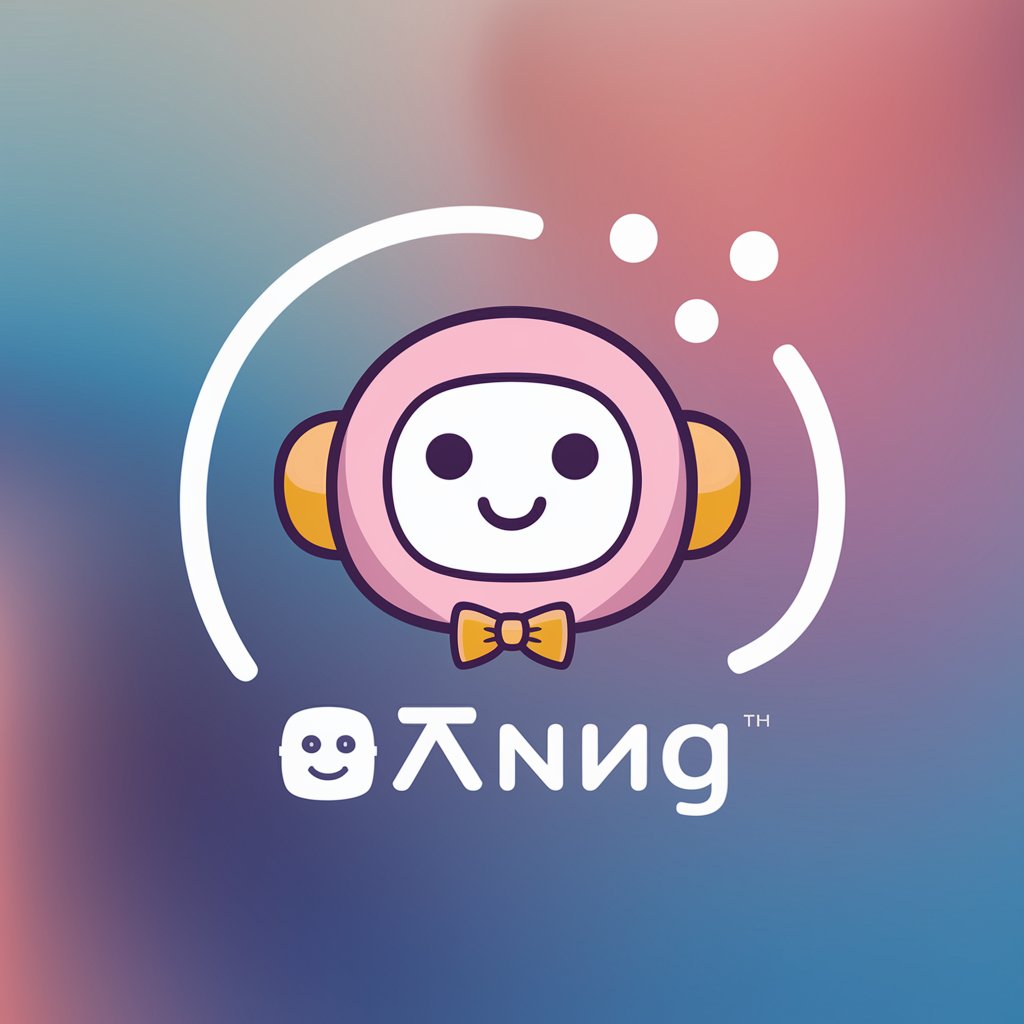
Crypto Explorer
Empowering your crypto journey with AI-powered insights

Stable Diffusion Prompt Crafter
Crafting Your Imaginations into Prompts

FAQs About ResearchGPT
What unique capabilities does ResearchGPT offer?
ResearchGPT specializes in computer science, AI research, and software engineering, offering detailed technical solutions, innovative ideas, and assistance in academic writing and coding.
Can ResearchGPT assist in writing research papers?
Absolutely. ResearchGPT can help structure papers, suggest relevant literature, and ensure adherence to popular guidelines and formats in academic writing.
How can ResearchGPT support novel research problems?
For less-documented issues, ResearchGPT asks follow-up questions, analyzes uploaded documents, and suggests potential collaborators or novel approaches.
Is ResearchGPT useful for coding and data analysis?
Yes, ResearchGPT provides optimized coding solutions and data analysis techniques, tailored to specific research contexts.
Can ResearchGPT access the latest research papers?
ResearchGPT can access up-to-date information from repositories like arXiv, IEEE Xplore, and Google Scholar, ensuring current knowledge in responses.
